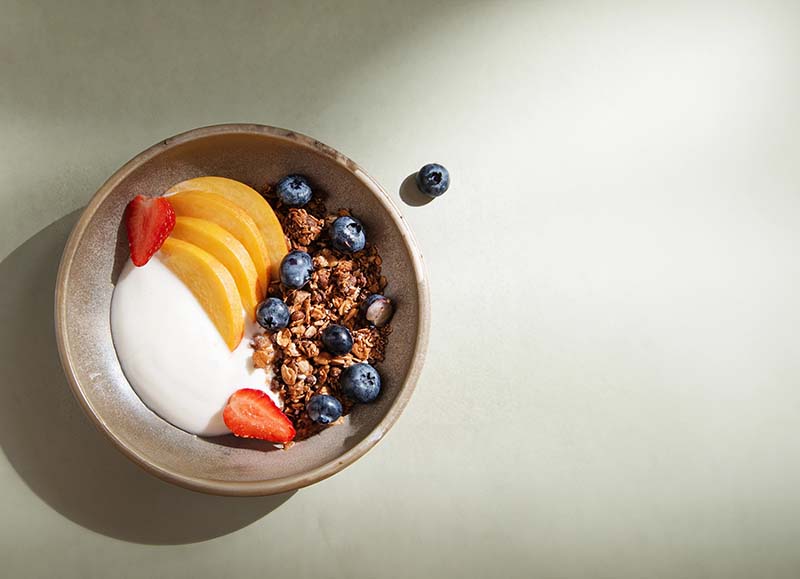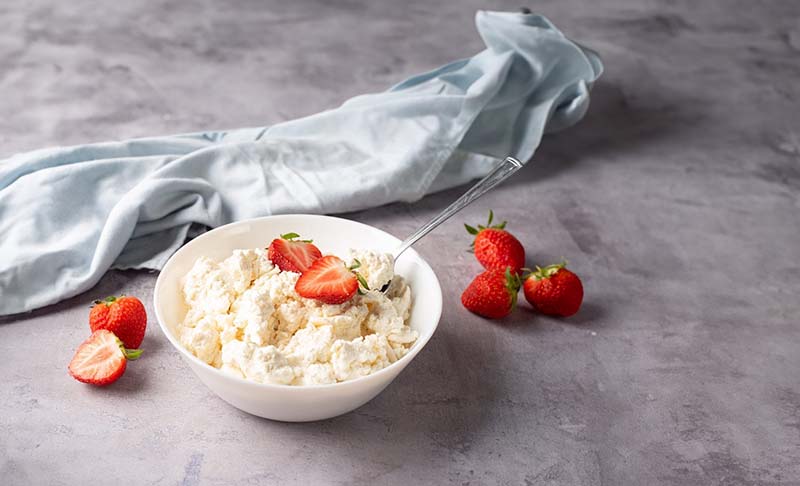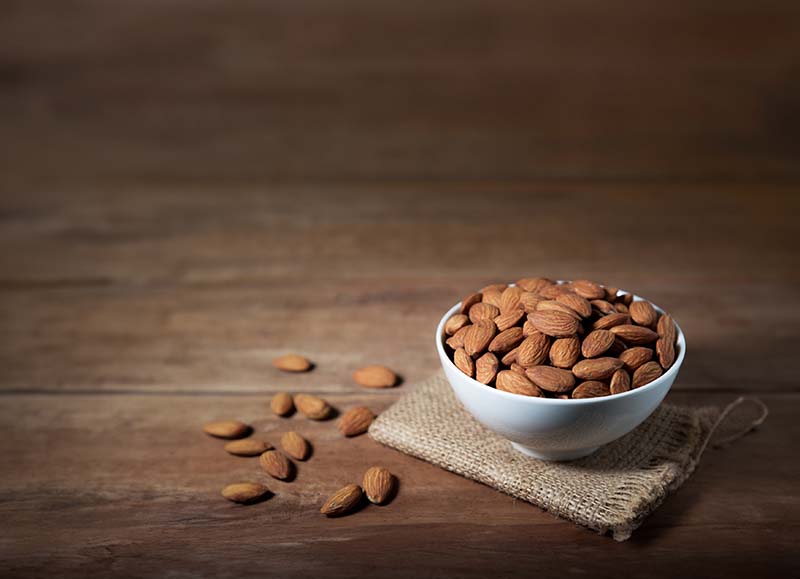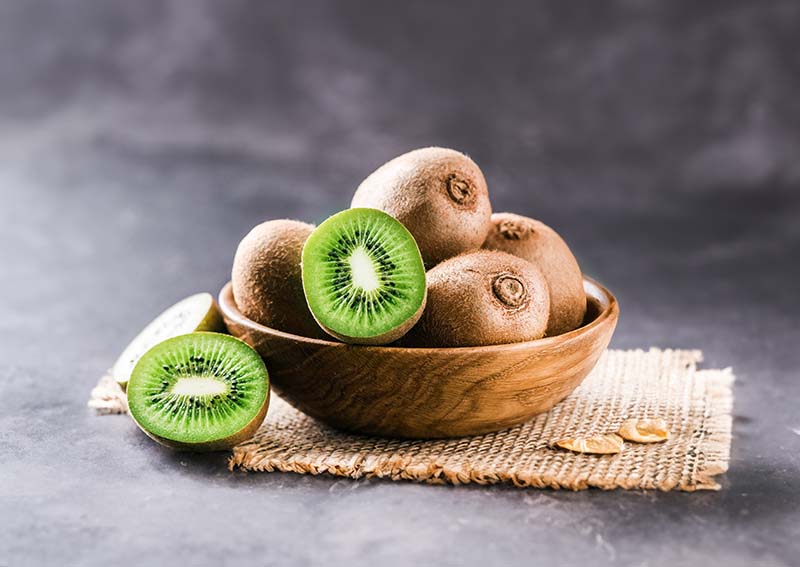What to eat before bed to lose weight? Snacking before bed doesn’t have to be a bad habit, as long as you’re careful about your choices. Often, snacking late at night can lead to poor food choices and overeating. However, you can still indulge in a nighttime snack and work towards weight loss. The secret is in choosing the right snacks. In this article, we will look at various snack options that not only curb your hunger but also contribute to your weight loss journey.
1. Understanding Weight Loss and Nighttime Eating
Eating late at night might affect your weight and health. There’s a debate about whether gaining weight is more about how much you eat in a day or if eating at night makes a difference. But recent studies are showing that eating too late can mess with your body’s natural rhythms and change how your body stores fat, which can lead to weight gain and other health problems.

For example, a study from Harvard Medical School found that eating late affects how much energy you use, how hungry you feel, and even how your fat cells work. This can make you more likely to gain weight. Another study suggests that how your body uses energy at night could be a reason why eating late leads to weight gain and even diabetes.
2. Reasons You May Gain Weight If You Eat Before Bed
Eating before bed may contribute to weight gain for several key reasons. One reason is that a snack before sleeping adds extra calories to your day. Additionally, evening hunger can lead to eating more than usual. Eating at night can also encourage less healthy habits like snacking while watching TV or choosing high-calorie foods. Importantly, late-night eating may disrupt your body’s natural rhythms and change how your body stores fat, which can increase the risk of obesity and other health issues.

However, the type of food you eat is more important than the timing. Staying within your daily calorie needs is key, and doing so means eating at night won’t necessarily lead to weight gain.
3. Can You Eat at Bedtime Without Gaining Weight?
Eating before bed has often been linked to weight gain, but it’s not just the timing of your snack that matters – it’s what you’re eating. The reality is, the right kind of snack before bedtime could actually aid in weight loss. This is because a carefully chosen snack can prevent the all-too-common late-night raid of the fridge or a morning binge. Opting for a healthy, light snack can keep those hunger pangs at bay and stop you from overeating when breakfast rolls around.
4. Best Foods to Eat Before Bed for Weight Loss
For effective weight loss, the Academy of Nutrition and Dietetics recommends snacks with 200 calories or less before bed, ideally combining fiber and protein. Fiber helps slow digestion, keeping you full for longer, while protein aids in satiety.
4.1 Greek Yogurt
Greek yogurt is a great choice for weight loss when eaten before bed. It’s high in protein, especially casein, which helps reduce hunger the next morning. This protein, including casein, regulates blood sugar levels and provides amino acids overnight, aiding in muscle repair and growth. Greek yogurt also contains tryptophan, an amino acid that assists in melatonin production, promoting restful sleep. Low in sugar, it’s a nutritious, low-calorie option for managing hunger and supporting muscle maintenance, contributing to weight control.

4.2 Cottage Cheese
Cottage cheese before bed can also aid in weight loss due to its protein content and slow digestion. A British Journal of Nutrition study suggests that just two tablespoons of low-fat cottage cheese 30 minutes before sleep can boost metabolism and aid in weight loss. Rich in casein, a muscle-building protein, it delivers amino acids steadily through the night, keeping you full and away from sugary snacks.

4.3 Almonds
Almonds are beneficial for weight loss when eaten before bedtime. They’re full of healthy fats, fiber, and protein, helping to regulate blood sugar and maintain steady energy release overnight. Almonds also contain melatonin and magnesium, aiding in sleep regulation and possibly reducing insomnia. Research indicates that a diet with almonds can effectively reduce body weight.

4.4 Kiwi
Kiwis are another excellent snack for weight loss. They’re high in serotonin, aiding in sleep regulation, and antioxidants, which may improve sleep quality when consumed before bed. A study showed that eating two kiwis one hour before sleep made participants fall asleep 42% faster. Kiwis are nutrient-rich, low in calories, and high in fiber, folate, potassium, and vitamins. Pair them with protein-rich foods like nuts or Greek yogurt for a balanced snack.

4.5 Chamomile Tea
Drinking chamomile tea before bed can assist with weight loss by reducing bloating and promoting restful sleep. It’s rich in calcium, potassium, and flavonoids, which aid in detoxifying the body and reducing water retention. Chamomile contains apigenin and bisabolol, helping to treat insomnia and encourage relaxation. This tea can calm nerves, alleviate digestive issues, and support a good night’s sleep.

5. What to Avoid Eating Before Bed
Certain foods should be avoided before bed to ensure a good night’s sleep:
- Alcohol: It may seem relaxing, but alcohol can disrupt your sleep pattern and prevent deep, restful sleep.
- Chips: Fatty and greasy foods like chips can cause digestive issues and even nightmares, both of which can make it difficult to sleep well.
- Chocolate: Often overlooked, chocolate contains caffeine. This stimulant can disrupt your sleep, particularly in the later stages.
- Spicy Foods: These can lead to heartburn and discomfort, which may make it challenging to fall asleep or stay asleep.
- Cheese: Despite its comfort food status, cheese’s high-fat content can disturb your sleep.

It’s generally advisable to avoid large meals before bedtime. If you’re hungry, a small, nutrient-dense snack that focuses on a single macronutrient can help you feel full through the night and maintain stable blood sugar levels.
6. Should You Go to Bed Hungry?
Heading to bed on an empty stomach can affect your body in several ways. It might make falling asleep tough, as hunger can keep your brain active and reduce the quality of your sleep. When you don’t sleep well, your body produces hormones that can make you feel hungrier, possibly leading to unhealthy eating choices. Also, just being hungry at bedtime doesn’t necessarily mean you’ll lose weight. Overall daily calorie intake is usually more important than the timing of your meals.
Being hungry at night could also point to more serious issues, like malnutrition. Not having enough to eat can increase the risk of health problems such as obesity and asthma. It’s generally a good idea to avoid going to bed very hungry. If you need something to eat, choose a small, nutritious snack that focuses on one main nutrient. This can help control your hunger and support better sleep.
Note: When choosing a bedtime snack, consider options like a piece of fruit or a handful of nuts. These can satisfy your hunger without causing discomfort or disrupting your sleep. Avoiding heavy or large meals right before bed can also contribute to a more restful night.
7. The Importance of Sleep in Weight Loss
Sleep is a vital component in the journey of weight loss and maintaining a healthy weight. Research and expert opinions consistently emphasize the following aspects of how sleep impacts weight management:

- Appetite Regulation: Adequate sleep helps in controlling increases in hunger and calorie intake that are common when you’re not getting enough rest.
- Physical Activity and Motivation: Getting enough sleep boosts your motivation and energy levels, making you more likely to engage in physical activities. This can significantly aid in weight loss.
- Hormonal Balance: Lack of sleep can disrupt the balance of key hormones. This includes insulin, which helps regulate blood sugar, and cortisol, a stress hormone. It also affects hormones that control hunger, leading to weight gain and making it harder to lose weight.
- Reduced Caloric Intake: Studies have found that people who sleep more tend to consume fewer calories, a crucial factor in weight loss.
- Metabolism: Insufficient sleep can lower insulin sensitivity and disrupt your metabolism. This can lead to the body storing more fat and struggling to process it efficiently, contributing to weight gain.
Sleep is a critical element in weight loss and management. It influences your appetite, physical activity levels, hormonal balance, caloric intake, and metabolism, all of which play significant roles in achieving and maintaining a healthy weight. Therefore, ensuring you get enough quality sleep should be a key part of any healthy weight loss strategy.
8. Conclusion
In conclusion, understanding “What to eat before bed to lose weight“ is a crucial aspect of managing your weight. As we’ve explored, the right bedtime snacks can significantly influence your weight loss journey. Remember, it’s not just about avoiding food before bed, but choosing the right kind to support your goals.
We’d love to hear your experiences and feedback on this topic. Have you tried any of these bedtime snacks? Did they help you in your weight loss journey? Share your stories with us!
For more insights and tips on healthy eating and weight management, don’t forget to check out our other blogs at DietHCG. We’re here to support you every step of the way in your journey to a healthier you!


